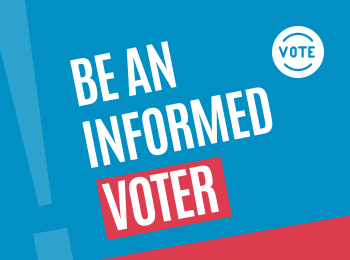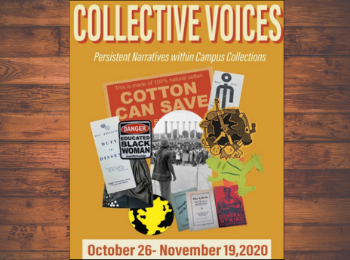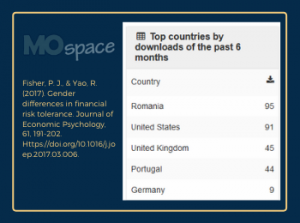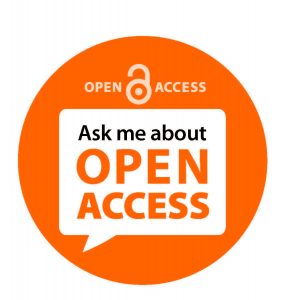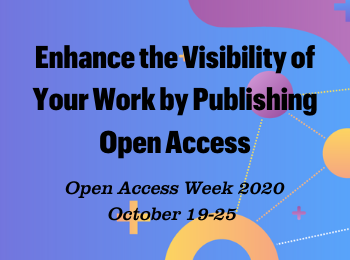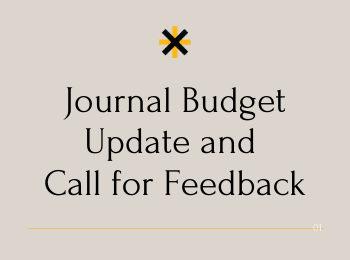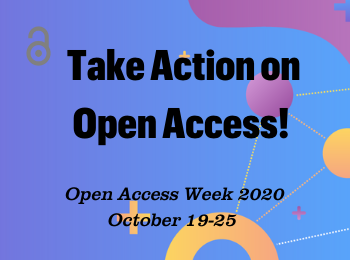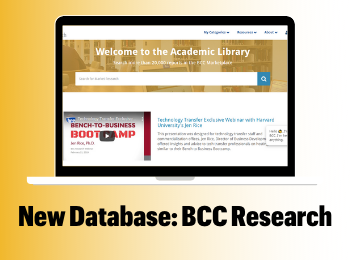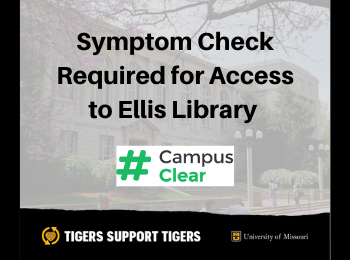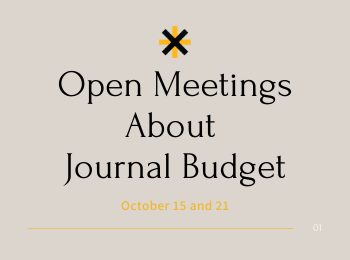Due to increasing costs, the University of Missouri Libraries must reduce collections expenditures significantly this year. We need your cooperation in identifying the resources you rely on most, so we can explore ways to adjust our purchasing over the next few years to better support you. We would like to hear from you, so we are inviting all faculty and graduate students to attend one of these sessions:
Thursday, October 15, 2:00 PM, at https://umsystem.zoom.us/j/96586506251
Wednesday, October 21, 2:00 PM, at https://umsystem.zoom.us/j/93095286723
We have posted additional information on the Libraries’ Collection Development & Management web page, where you can learn more about the issues and leave feedback for us.
We have appreciated the supplemental support from the Provost and the Chancellor in previous years to maintain subscriptions based on research needs and usage. Unfortunately, this year’s funding situation is full of uncertainty. Not only are campus funds falling short, the funding for the subscriptions purchased as a four-campus system has also diminished, and we can no longer commit to the increasing costs of our large journal publisher package subscriptions, i.e. “Big Deals” with the leading publishers: Elsevier, Springer, Wiley, Sage, and Oxford.
Our bundled subscriptions, those that work much like the cable TV bundles, will end December 31st. For 2021, we will shift to a title-by-title selection model. This action will severely reduce our total number of journal subscriptions. Our subject librarians are doing their best to identify the most essential titles to keep, and will consult with interested departments and faculty about these difficult decisions.
Information about the issues and the list of serials to be maintained will be posted on the Libraries’ Collection Development & Management web page. Please be aware that this year’s cut will include highly used journal titles across all disciplines, since we have already made substantial cuts over the preceding several years. We are reducing collection expenditures by $1.2 million, which is approximately 20% of our total collections budget. This action will likely not affect book purchasing because it is a small percentage of the collections budget.
Interlibrary Loan (ILL) and document delivery will remain an effective, efficient means of acquiring materials not held by the Libraries. Most articles requested via ILL are received within one to two business days, but please note that we can experience instances of slower service due to COVID-19 disruptions. We remain committed to obtaining articles for you from all sources, even though this also incurs costs.
The Libraries support collections that are used for teaching, scholarship, research, and professional practice. The intent is to offer the most comprehensive array of resources that is feasible with our available financial resources. The Libraries Collections Steering Committee and the Subject Selectors meet regularly to deal with the complex issues surrounding the collections that are vital to the success of our students, faculty, researchers, and other professionals in the academic community. Many institutions are experiencing these difficulties, and we continue to monitor national and worldwide trends in open access publishing and library-publisher negotiations to identify opportunities for change.
We share your concerns for ready access to the content you need in order to excel. As in the past, we encourage you to talk with your subject librarian. To ensure that you have the opportunity to learn more about the issues and participate in the conversation, we are scheduling open meetings for you to attend with Matt Martens, Associate Provost for Academic Affairs; Deb Ward, Interim University Librarian; and members of the Libraries Collections Steering Committee.
Lean times can sometimes lead to surprising solutions when people work together. We look forward to the day when we will have the ability to sustain access to needed collections through new partnerships and new, lower-cost models of published scholarship. Let’s keep the conversation going.
Deb Ward, Interim University Librarian
